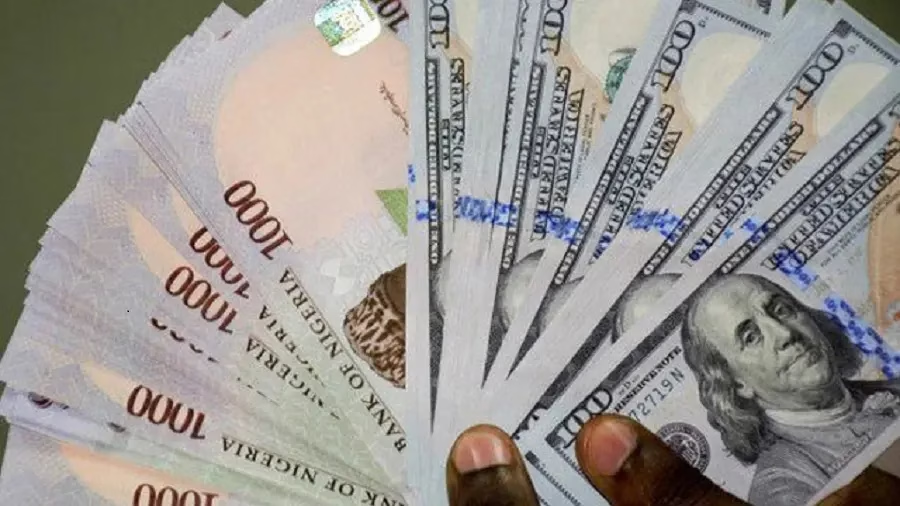The Nigerian naira extended its gains against the US dollar for a second straight day in official trading on Tuesday, offering cautious optimism amid ongoing currency volatility. Data from the country’s official foreign exchange platform showed the local currency closing at N1,533.18 per dollar, a N1.03 improvement from Monday’s rate of N1,534.21. This modest but consistent appreciation signals tentative stability in the formal market, where currency trades are regulated by central bank policies and institutional transactions.
However, the contrasting dynamics of Nigeria’s dual exchange system remained apparent. On the parallel market—often referred to as the “black market” and frequented by businesses and individuals seeking quicker dollar access—the naira weakened further, slipping to N1,545 per dollar from N1,537 the prior day. The divergence underscores persistent demand pressures and liquidity challenges in segments of the economy reliant on informal forex channels.
This split performance follows a similar pattern from Monday, when the naira edged higher officially but lost ground unofficially. Analysts note that such discrepancies between the two markets have become a recurring theme in recent months, reflecting broader economic strains. Nigeria has grappled with foreign currency shortages, fluctuating oil revenues, and inflationary pressures, all of which contribute to volatility in exchange rates.
The Central Bank of Nigeria (CBN) has implemented measures to boost liquidity in the official forex market, including tightened regulations on Bureau de Change operators and efforts to attract foreign investment. While these steps appear to be yielding gradual results in the formal sector, the parallel market continues to react to speculative forces and unmet demand, particularly from small businesses and travelers who face hurdles accessing dollars through official channels.
The naira’s split trajectory holds implications for importers, exporters, and consumers. A stronger official rate could ease input costs for industries reliant on foreign raw materials, while a weaker parallel rate may exacerbate inflation for goods priced using black-market benchmarks. Observers caution that sustained convergence between the two markets will require long-term structural reforms, increased foreign exchange inflows, and tighter monetary policy coordination. For now, the naira’s fragile gains highlight both the progress and persistent challenges in Nigeria’s bid to stabilize its economy.
